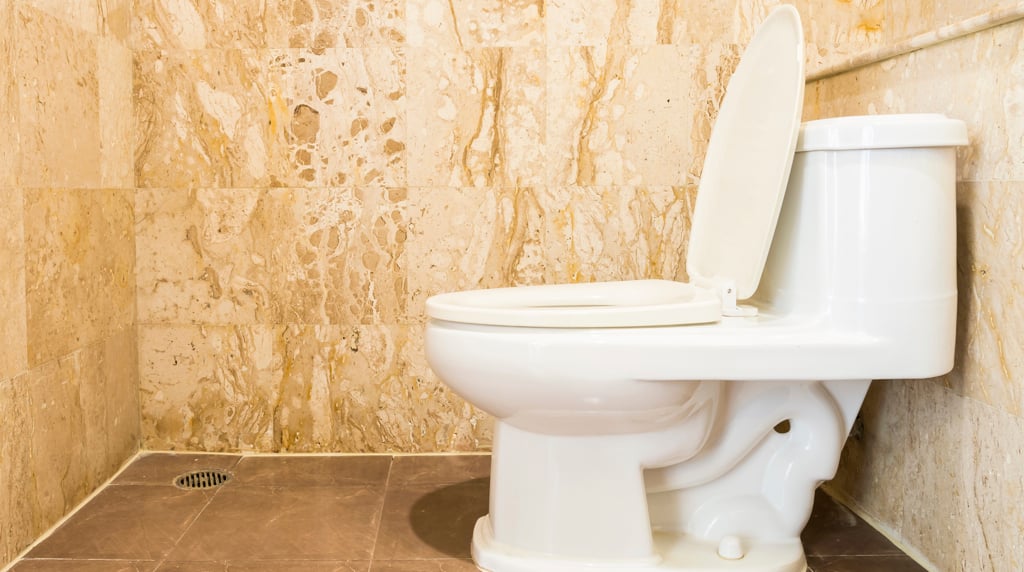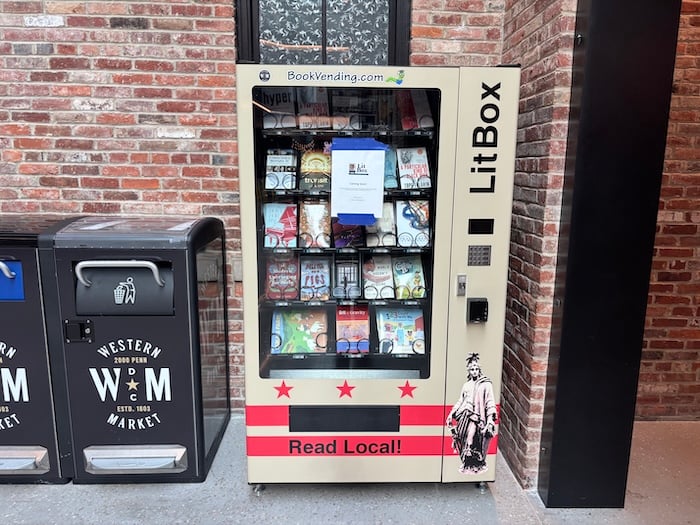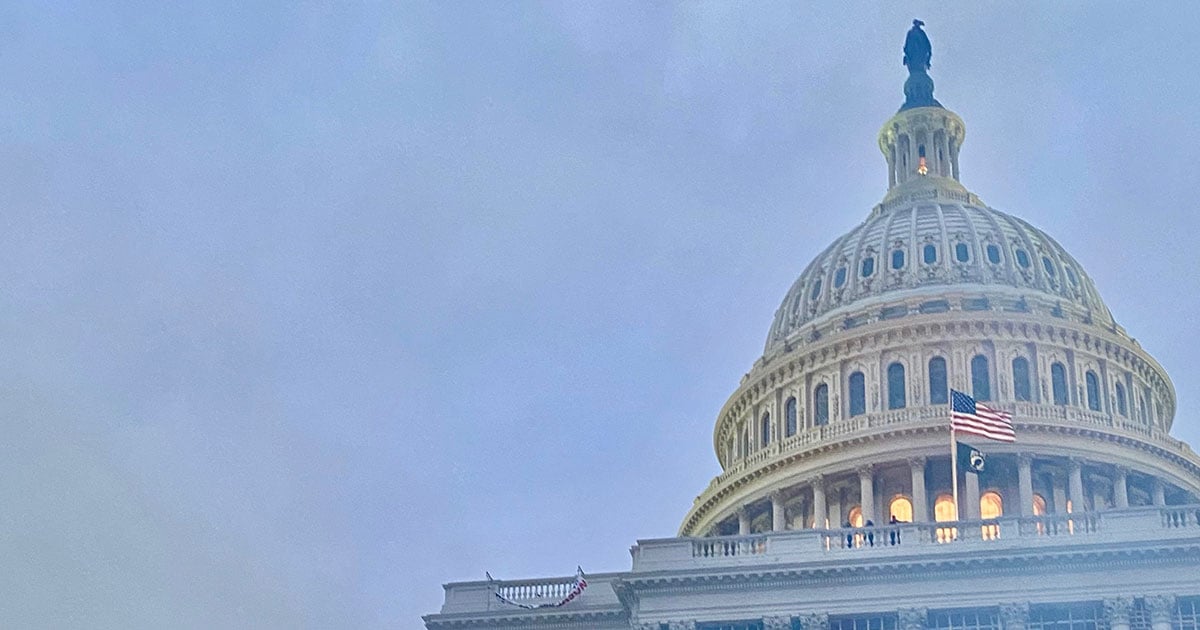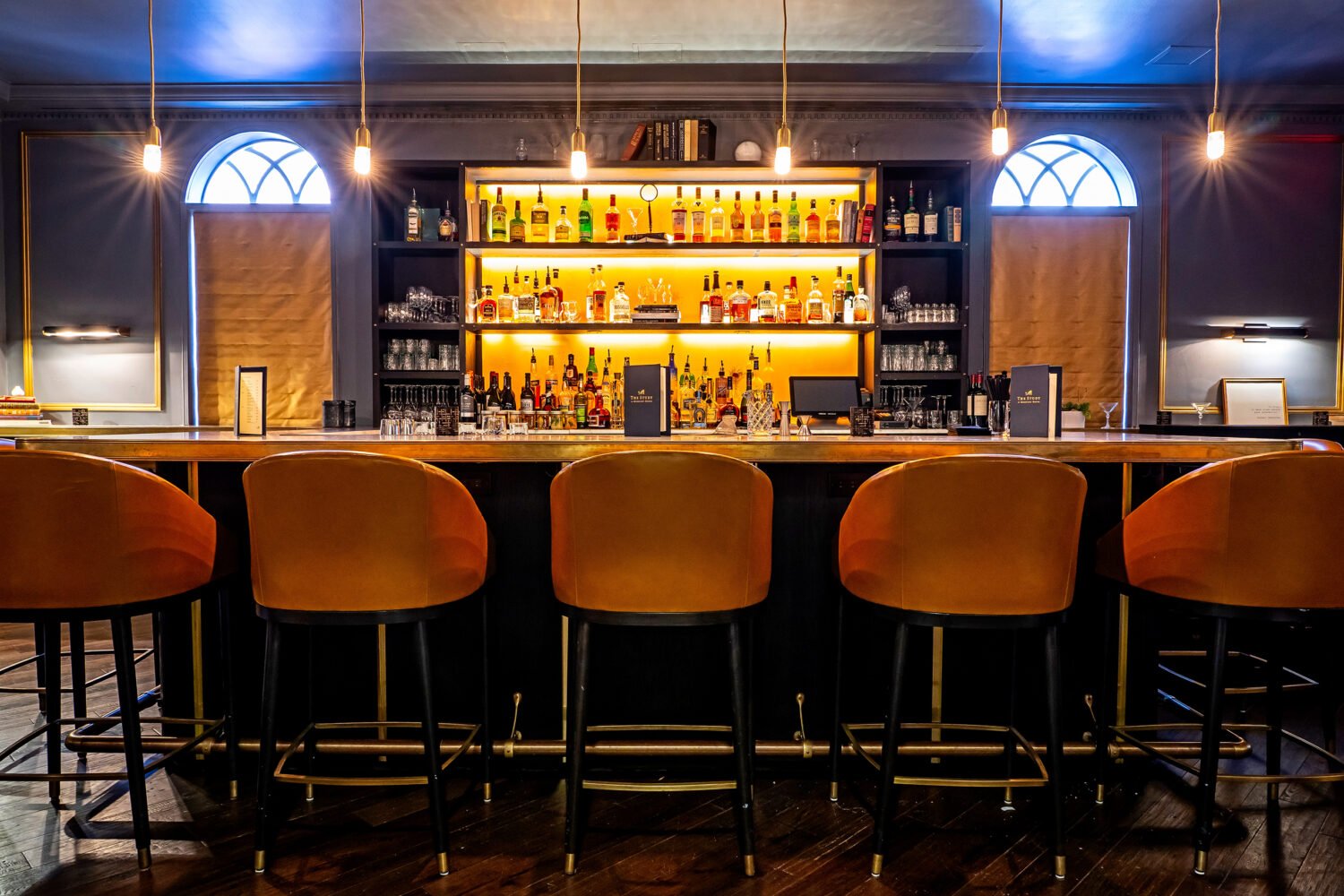Eliot Nelson’s new book, The Beltway Bible, begins with the concession that the reader might be seated on the toilet as he reads it. It’s a nod to his publisher’s telling him that the book, due out Tuesday, is likely to be given as a gift. “What kind of book to people typically gift?” Nelson writes in the foreword. “1. Cookbooks; 2. David McCullough books; 3. Coffee-table books; 4. Books you read on the toilet.”
There are no recipes or stunning nature photographs in The Beltway Bible, and it is definitely not an 800-page tome about great dead men. But it is good for laughs whether or not you’re leafing through its pages from the commode. Its lengthy subtitle—A Totally Serious A-Z Guide to Our No-Good, Corrupt, Incompetent, Terrible, Depressing and Sometimes Hilarious Government—should give you a sense of what it is.
People who follow Nelson at his day job with the Huffington Post, where he helps write the daily HuffPost Hill newsletter, will be familiar with the book’s jokey, sometimes caustic approach. Nelson picks through, glossary-style, the elements of politics and government that can launch a major scandal, a flurry of bad Twitter jokes, or both. Not that it’s lacking in genuine value: a lengthy breakdown of congressional staffers illuminates the legislative branch, from staff assistants’ earnest ambitions to chiefs of staff’s well-worn Jos. A. Bank wardrobes; a passage on Morning Joe eviscerates the chatty drivel MSNBC’s morning show serves up to the intellectual leisure class and other Acela-dwellers.
“In many ways this is the book I wanted to read when I first got to Washington after college,” Nelson says in an interview. “Maybe it’s for folks whose political involvement is watching CNN for 45 minutes a night, it can provide them with a more in-depth account. And for folks who know Washington like the back of their hand, the tone and humor is something that might resonate.”
Washingtonian spoke with Nelson about making jokes about DC, bathroom reading, and why after this year, nobody may take politics seriously ever again.
Do you have any qualms about this being stacked on top of a tank of a toilet?
I wanted to do something that was an extension of the tone of what we’ve done at HuffPost Hill. But with purpose. I like the idea of folks learning a thing or two from it. There was an editor for the Weekly Standard who tweeted a month or two ago when the early editions went out that I must be Nostradamus because he literally sat down on the toilet and opened it up.
The book reminded me a lot of the stuff you, me, and every other Twitter-addled journalist sees all day. Like a longer-form version of the jokes we’ve been making for years.
This might not be a perfect encapsulation of the project, but I want to give people a sense of how Washington feels to a certain extent. In terms of the levels of pompous self-promotion and the attendant sarcasm that most people hear. My hope is the tone will sort of contribute to that. Whether its staffers or reporters, I think that if you get enough drinks in a person they start to joke about this. At one point I called the tiller where House members drop their bills “America’s Suggestion Box.” I don’t think I was this deliberate about it, but it was an attempt to convey life in Washington.
But it does reminds me of those days when every wired-up journalist is trying to one-up everyone else on the same, bad, 140-character jokes. Are we just constantly trying to amuse ourselves?
When you’re in media, the imperative is to be the one getting scoops and being first. I think part of the problem is that it leads to a very granular look at politics. The problems that have plagued [government] have been more or less the same the last ten or 15 years, whether it’s money in politics or this, that, or the other. One cannot follow politics in that way and not, if only for amusement, find some way to keep it fresh. Part of the reason I wrote the book is that there isn’t really an imperative in our media environment to do much explanatory journalism. Vox has started it and I think that’s great. Similarly, people like John Oliver do a really good job explaining things, obviously with a healthy dose of glibness and humor.
It does seem though, that when people write books about “how Washington works,” glibness has to be part of the formula.
I don’t think it inherently has to be cheeky. What I wanted to do was create a book you could say was a mix of This Town and your freshman-year poli-sci textbook. This Town was great, but it also focused on effectively the social fabric of a very elite level of Washington. But I wanted in many ways to take that sort of formula and mesh it with the dry paragraphs you find in your textbook about there being a 0.03 correlation between a divided Congress. You have to include some sugar in the recipe. If the reader isn’t trying to pass a class, you have to induce them somehow.
It’s not like we have to invent things to mock. There’s a waking orange nightmare who might be president. Can we ever take this thing seriously again?
The funny thing about Trump is that one of the more challenging adjustments of writing a book rather than an online news outlet is that there’s this five-to-six-month gaping chasm of time where you just can’t add anything to it. So right around the time we had to put a fork in this thing was before we knew the GOP convention would be contested or not. I call his campaign a “timeshare presentation masquerading as a presidential campaign.” It goes to the Twitter hive mind. And how can you be anything but a little flabbergasted and snarky that a major political party nominated a guy who used to sell steaks out of a technology catalog?



















